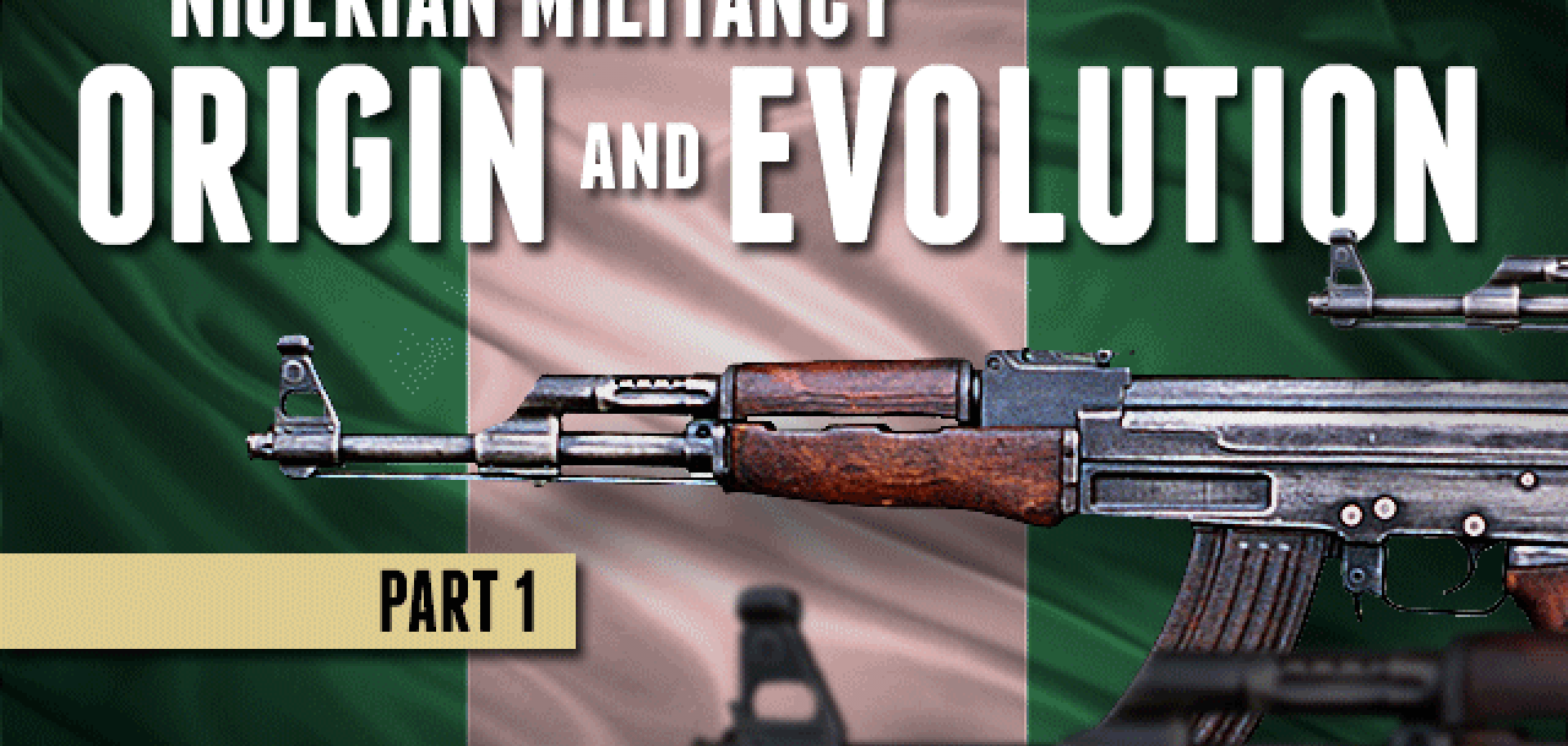ASSESSMENTS
Nigeria: From Military Coups to Militias
Jul 14, 2014 | 09:03 GMT

Summary
Editor's Note: This is the first installment in a three-part series explaining how one of Africa's most wealthy nations became a mainstay for armed militias. Part 1 discusses the political circumstances that engendered militancy. Part 2 examines Boko Haram, perhaps the most infamous group operating in the country today. Part 3 discusses how the 2015 presidential election will determine the future of Boko Haram's insurgency.
Militancy is part of Nigeria's national fabric. Whereas it was once a means of expressing political grievance, it has become a tactic militant groups and their civilian benefactors use to acquire and defend political power.
Militancy flourishes in Nigeria because political advancement requires it. In years past, groups achieved power through military coups. In fact, competing factions of the Nigerian military have ruled the country for most of its post-independence history. But Nigerian politicians did not discriminate between powerful civilian and military leaders; they distrusted them equally. Their fear of being excluded forced them to consolidate whatever power they had. Resorting to violence was one of the best ways to ensure their inclusion. And ever since the country transitioned to civilian rule in 1999, politicians have turned to militant groups to extort the government.
Subscribe Now
SubscribeAlready have an account?
